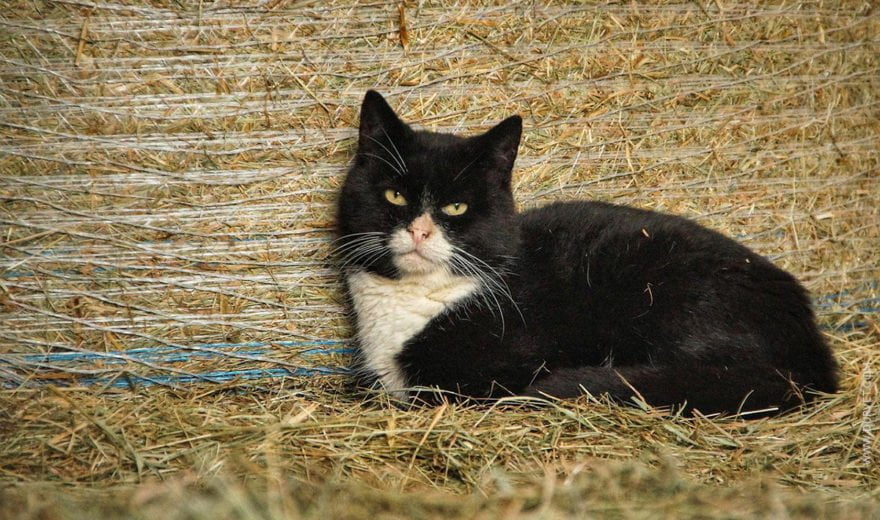
Whether a stray cat wandered onto your property or you decided to adopt a new pet, barn cats can be an excellent addition to your farm. When it comes to farm life, cats can play an essential role in keeping your barns, stables and yard free of unwanted pests. They are very effective at keeping rodents and other little critters at bay. If you want your barn cats to live a long happy life, you should care for them the same as you would an indoor cat. Here is a list of care recommendations to keep your kitty barn crew happy and healthy.
Basic Needs
Although your barn cats may seem independent and like they can take care of themselves, every cat deserves to have their basic needs met. Even though the cats will be hunting for mice and other small animals, they still need supplemental cat food for proper nutrition. Cats are carnivores, and cat food is high in protein and fat. Feeding your cats a good quality cat food will help keep them healthier with less skin and allergy problems. If possible, keep the food tucked away in a high spot to prevent raccoons and skunks from eating it. Most importantly, they need access to fresh, clean water at all times. During cold weather, make sure they have access to unfrozen water.
Your cat should have an area where they feel safe to cuddle up and sleep. If you have a barn, this should be sufficient shelter from harsh weather elements. If there is no building, provide an enclosed area where they can escape the cold. Stuffing the area with hay will help it stay warm even if it's damp.
Spay and Neuter
To prevent overpopulation and a surplus of kittens in your barn, it is important to spay and neuter your pets. Neutering male cats reduces fighting and wandering and helps keep them closer to home, lowering the risk they will bring disease back to your barn.
Veterinary Care
It is recommended that cats receive routine vaccinations as well as long lasting flea and tick treatments, which may be done by your veterinarian or at home. Cats should be protected against rabies, feline distemper and feline leukemia, but veterinarians may have other recommendations based on your location. Your veterinarian can also microchip your pets during annual check ups and help in the event of accidents and emergencies.
Beyond basic care, veterinarians do recommend adopting barn cats in pairs, especially if they're feral. Cats live in colonies and thrive best when they have a buddy. It offers them a sense of safety and is not much extra work for you.
Please Note: This information is for educational purposes only and not intended to treat, diagnose or prevent any disease. In all cases, it is each owner's responsibility to obtain veterinary services and advice before using any of the information provided. Durvet encourages owners to make their own animal health care decisions in partnership with their veterinarian. Please read all labels carefully. Product is for veterinary use only. Not intended for use in humans.
Sources: Timber Creek Farm, Southern States, K & H Pet Products

 BACK TO MAIN BLOG
BACK TO MAIN BLOG 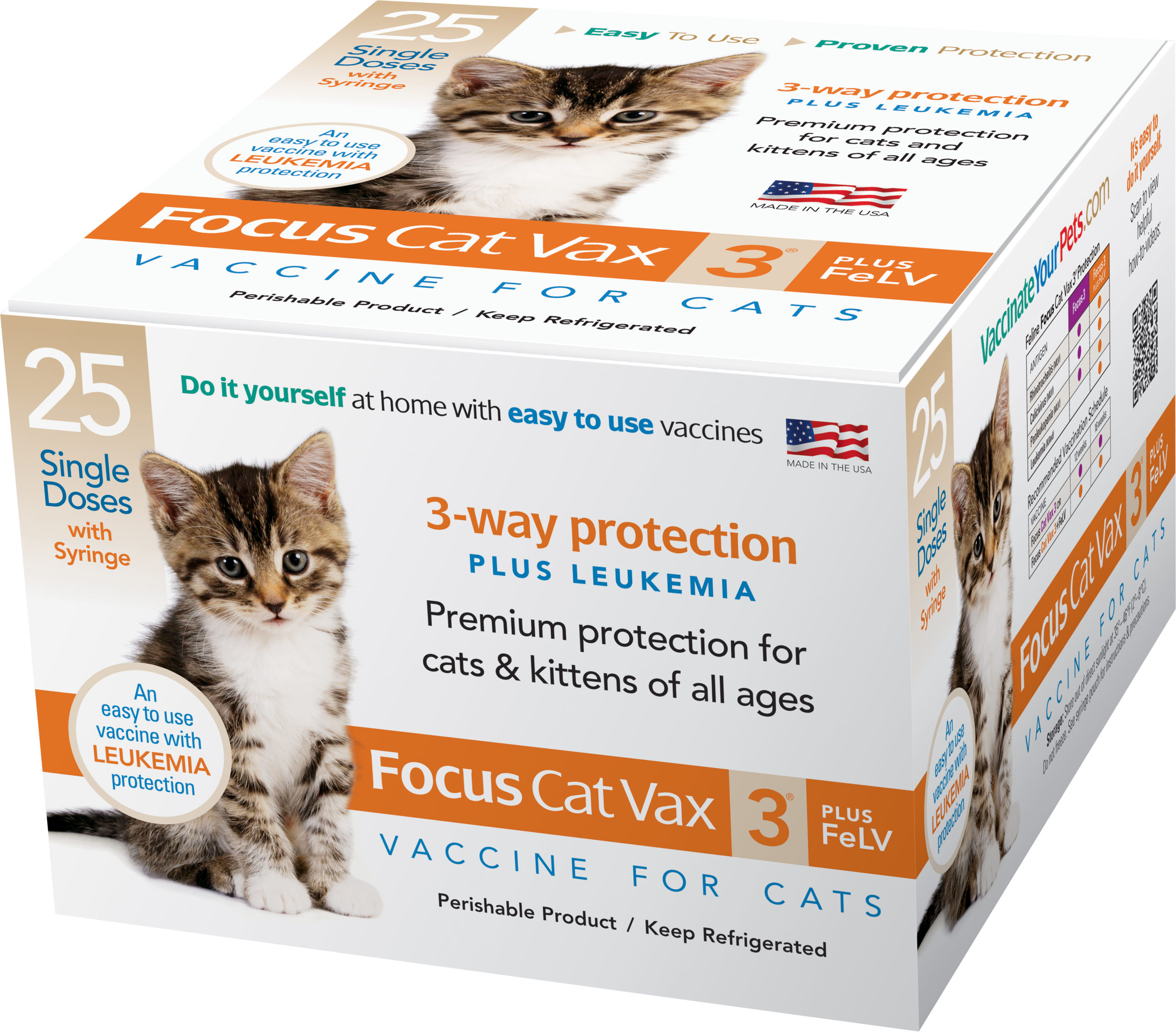
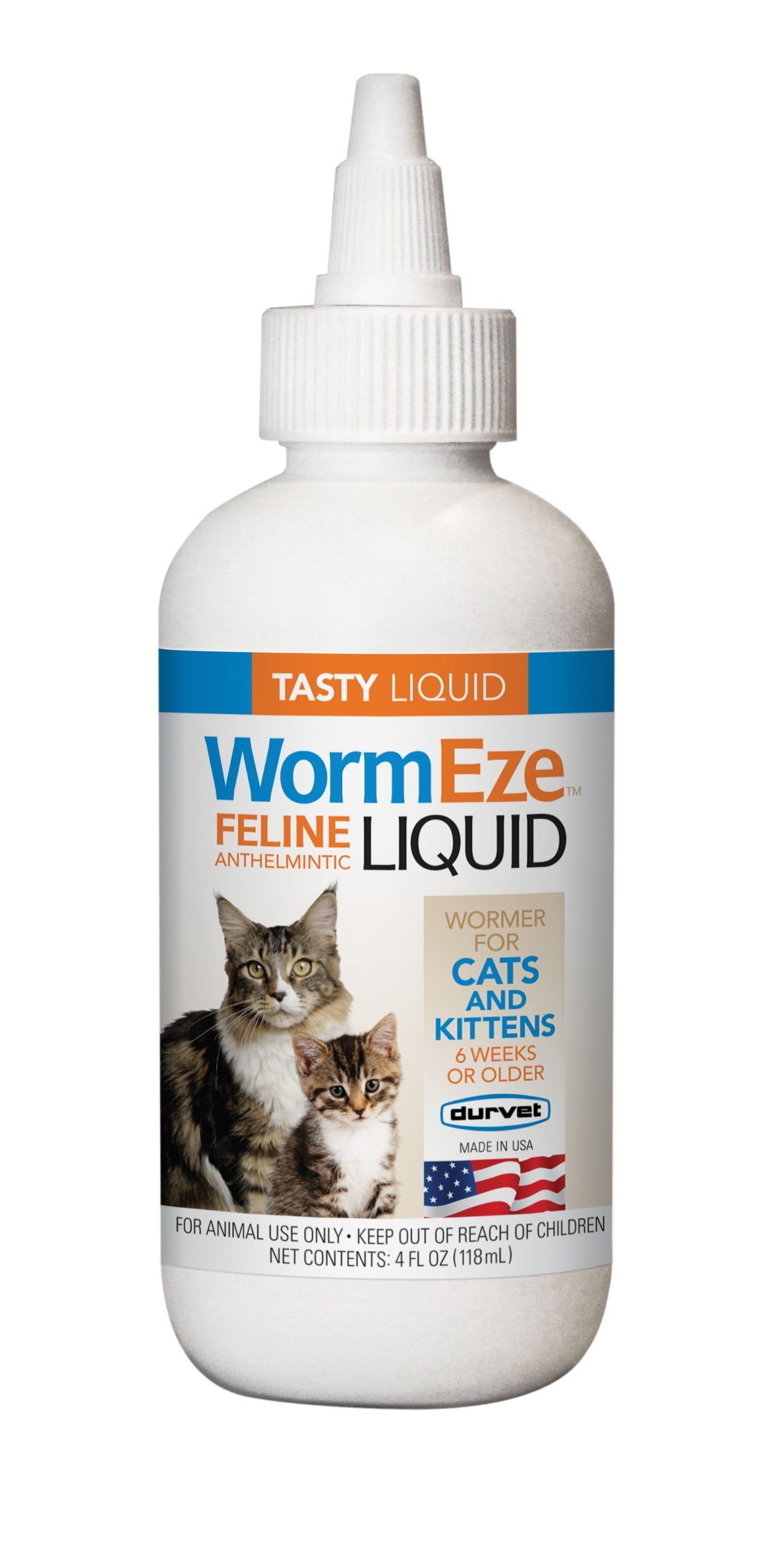
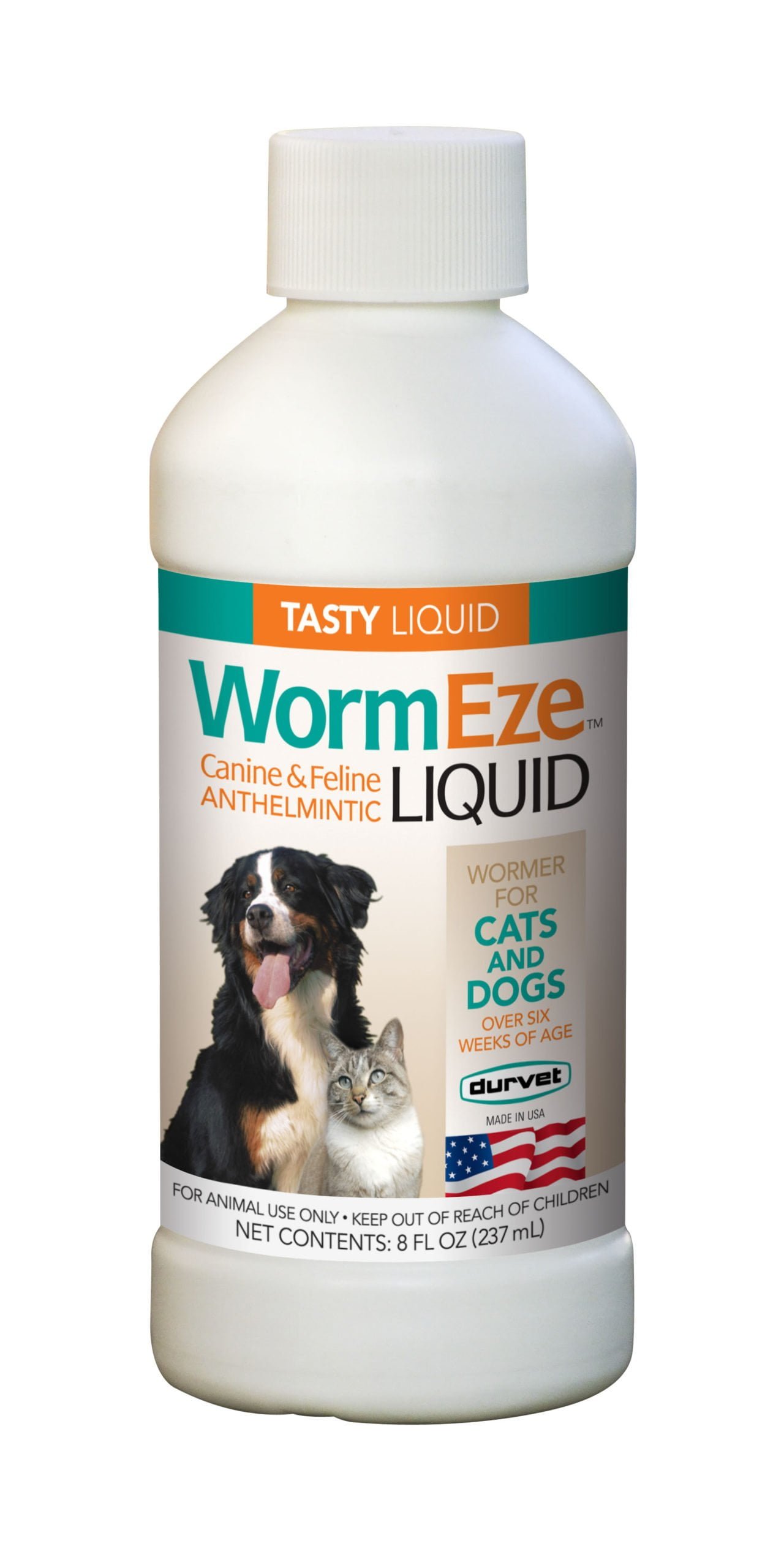
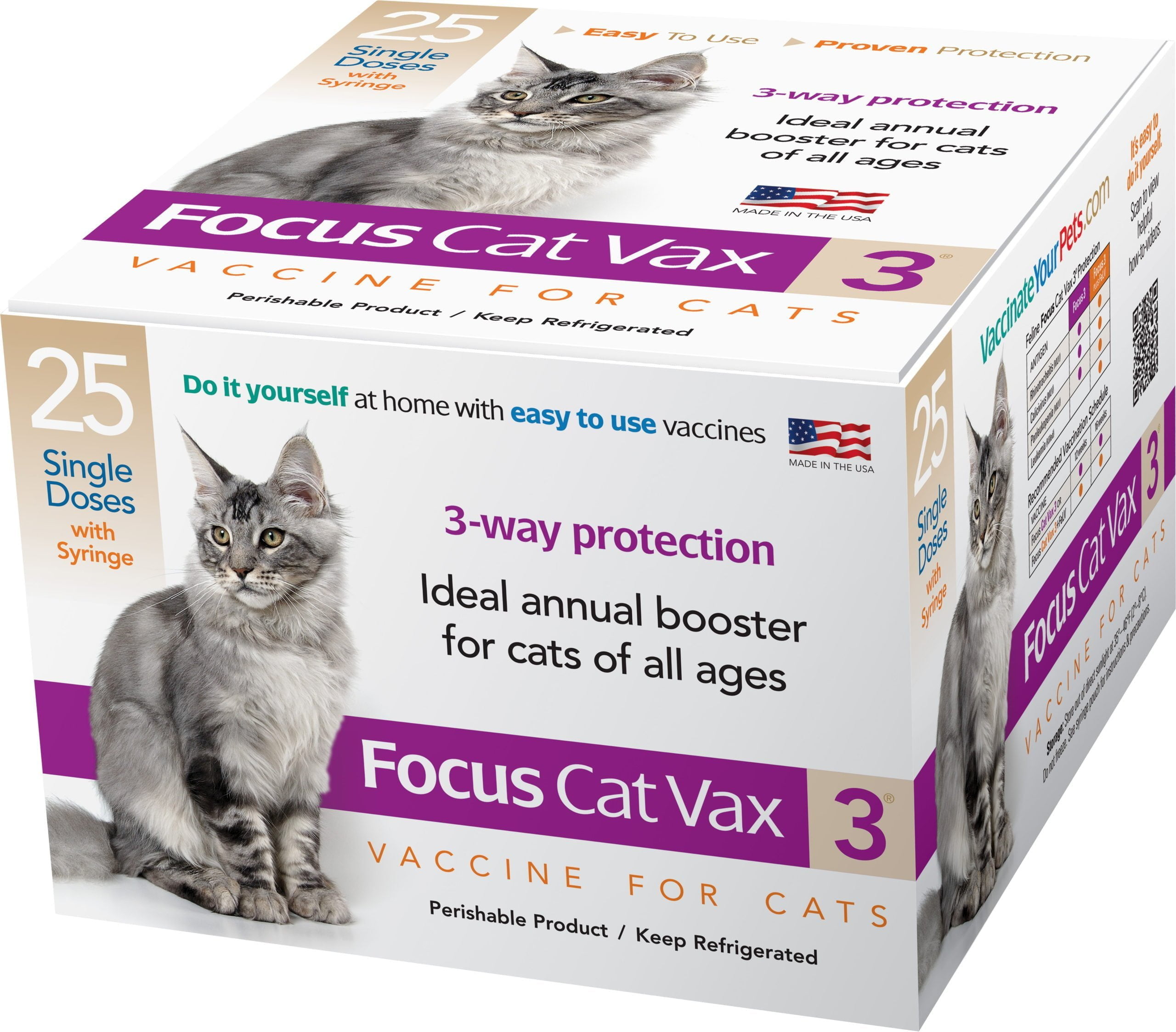
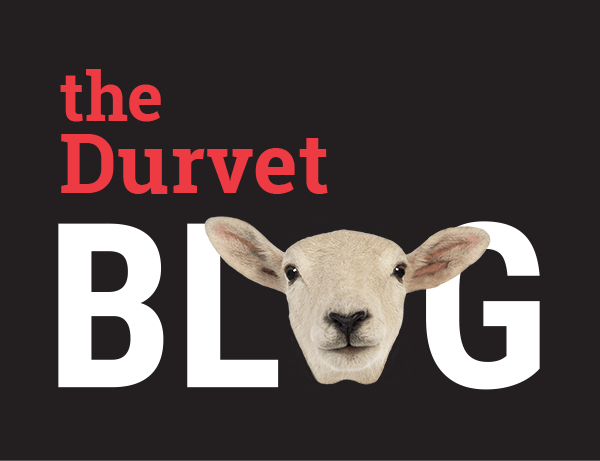
Comment